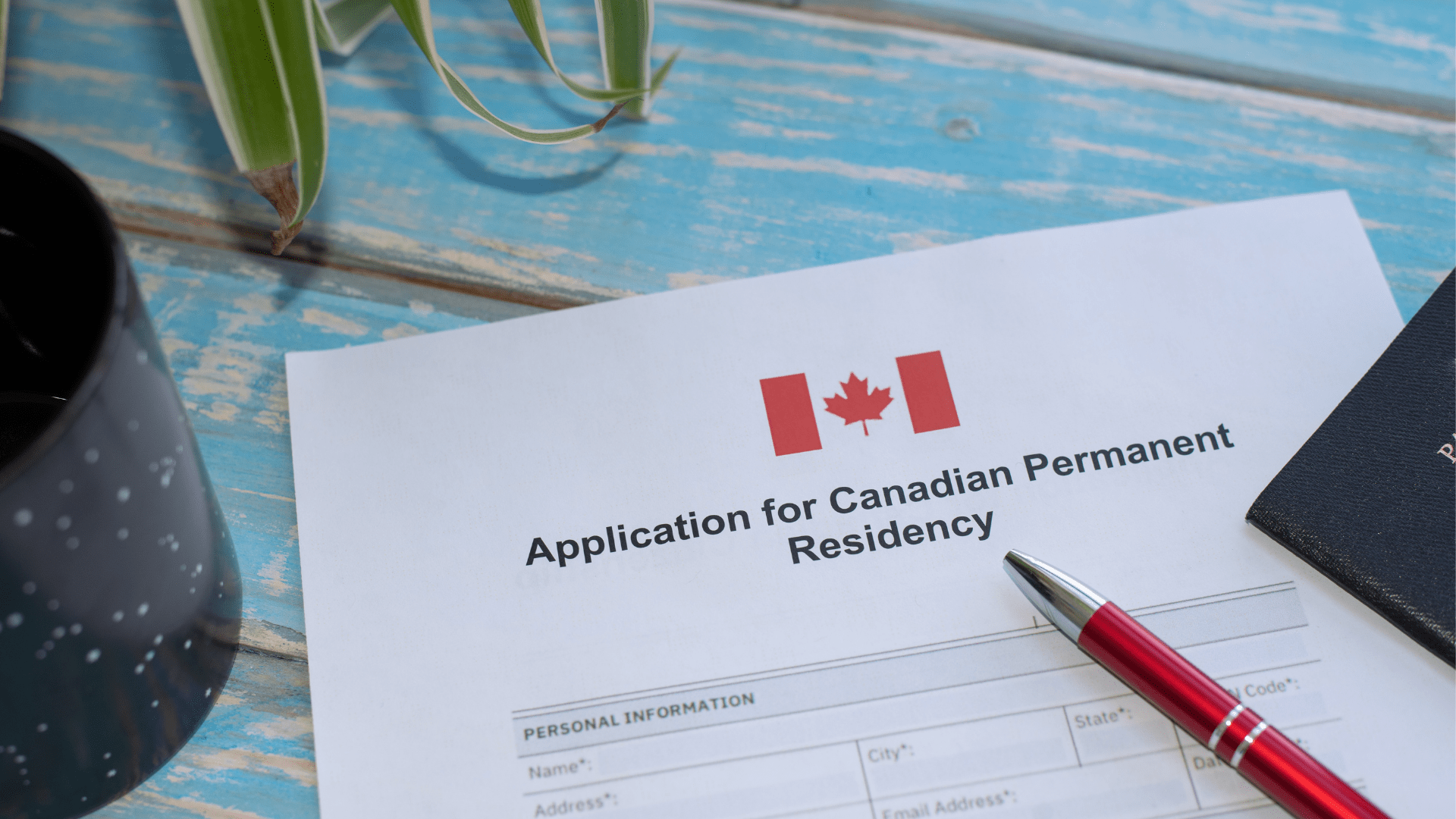Praising the work of refugees in healthcare, Canada has allowed them to apply for permanent residency starting next week. Immigration, Refugees and Citizenship Canada (IRCC) has announced that they are accepting applications starting Dec. 14 and ending on New Year’s Eve.
The pathway was opened last Aug. 14 when IRCC Minister Marco Mendicino said the decision was in appreciation of frontline workers’ hard work during the COVID-19 pandemic.
“Canadians are appreciative of asylum seekers and the work they are doing during the pandemic,” said Mendicino in a press release.
In a related press release from Aug. 14, Mendocino said, “As these individuals face an uncertain future in Canada, the current circumstances merit exceptional measures in recognition of their service during the pandemic.”
President of the Ontario Nurses Association, Vicki McKenna, also welcomed the refugees into the profession. “Our doors are open to international nurses or healthcare professionals,” McKenna told NCM. “They are certainly welcomed. Especially right now.”
Hospitals bursting at seams
Burnout is nothing new for medical personnel. Reports state that strained mental health has become the new normal during the pandemic. Hospitals are bursting at the seams with patients, especially during the record setting second wave. Healthcare workers were already stretched to their limit due to a nursing shortage that has existed well before the pandemic. A report by the Canadian Nurses Association projects a nurse shortage of roughly 60,000 by 2022.
“It feels like it is a bit of a tsunami,” Vicki McKenna, provincial president of the Ontario Nurses Association said in reference to the predicted shortfall. McKenna welcomed the news but also stressed that the announcement is in no way a solution to nurses being stretched thin.
“It’s not the solution to the problem. If people come, it will be welcome. It doesn’t solve the problem. The problem is bigger than that. It’s about the programs, having enough seats in the programs, it’s about encouraging people into the profession.”
Cognitive dysfunction, lack of sleep, depression are major symptoms of burnout and are not unheard of in the medical profession, especially among nurses. These symptoms can have an effect on job performance, especially in a time when they are needed most. “Those added burdens put stress on the current workforce. What we know from statistics is that the added workload is detrimental to the people, to the patients. One extra patient to a nurse’s workload can increase mortality,” McKenna added.
Eligibility for healthcare workers
The government has issued criteria for who is eligible under this new program. Asylum seekers who applied before Mar. 13, were issued a work permit and have worked in the healthcare sector are just some of the requirements. Time towards experience counts as well. Applicants must have worked for no less than 120 hours between Mar. 13 and Aug. 14 and have till Aug. 31 to acquire 6 months of experience. Standard rules, like no criminal record also apply. Doctors, nurses, orderlies and home personal support workers are all eligible under the program. Paid and unpaid interns are also included as long as they are part of a vocational or post-secondary training program.
The policy is also open to spouses and common law partners of these individuals who may have died after contracting COVID-19 over the course of their duties. Amnesty international estimates that, as of last September, 7,000 healthcare workers have died of COVID world wide. Canada has lost 24 workers to the pandemic.
Asylum seekers hoping to take advantage of the opportunity have a choice between two streams. One stream allows for them to settle in Quebec and the other anywhere outside of Quebec. If they wish to reside in Quebec, they will need the Certificat de sélection du Québec on top of other qualifications.
Mansoor Tanweer is New Canadian Media’s Local Journalism Initiative reporter on immigration policy. An immigrant himself, he has covered municipal affairs and the Brampton City Council in addition to issues relating to newcomers over several years.





